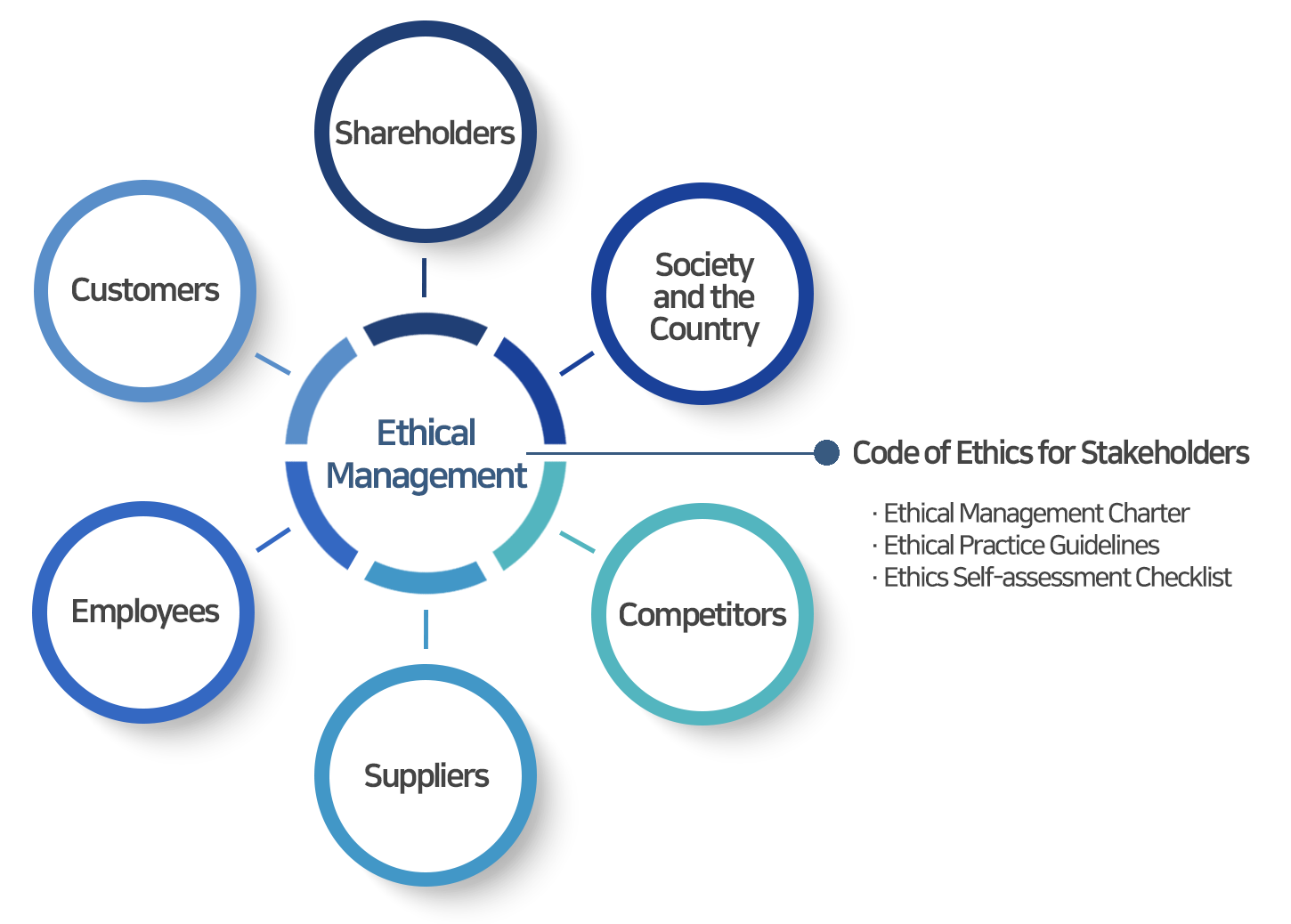
Ethics in management
Ethics in management isn’t just about avoiding lawsuits; it’s about building a company with integrity and creating a positive impact on the world. It’s about doing the right thing, even when it’s tough.
Think of it this way: ethics is the compass that guides your company’s decisions. It helps you navigate the murky waters of competition, prioritize long-term sustainability over short-term gains, and build a reputation that customers and employees can trust.
Why is Ethics Important in Management?
Let’s be honest, running a business can be a cutthroat game. The pressure to succeed, to outperform the competition, can sometimes lead to shortcuts and compromises. But ethical behavior isn’t just about being a “nice guy.” It’s actually good for business. Here’s why:

Builds Trust and Reputation: When customers and employees know you operate with integrity, they’re more likely to do business with you and stay loyal.
Key Ethical Principles in Management
So, what exactly does it mean to be an ethical manager? Here are some key principles to keep in mind:
Transparency and Honesty: Be open and honest with your employees, customers, and stakeholders.
How to Foster an Ethical Culture

Creating an ethical culture doesn’t happen overnight. It requires consistent effort and a commitment from everyone in the organization. Here are some tips:
Develop a Code of Ethics: A clear code of ethics provides a framework for ethical decision-making and helps employees understand what is expected of them.
Common Ethical Dilemmas in Management
Ethical dilemmas are situations where there is no easy right or wrong answer. Here are some common ethical dilemmas that managers may face:
Conflicts of Interest: Situations where personal interests may conflict with the interests of the company.
How to Make Ethical Decisions
When faced with an ethical dilemma, it’s important to follow a structured decision-making process:
1. Identify the Ethical Issue: Clearly define the ethical dilemma and the key stakeholders involved.
2. Gather Information: Gather all relevant facts and consider the potential consequences of different courses of action.
3. Consider Alternatives: Explore different options and their potential impact on all stakeholders.
4. Consult with Others: Seek advice from trusted colleagues, mentors, or an ethics committee.
5. Make a Decision: Choose the course of action that best aligns with your company’s values and ethical principles.
6. Take Action: Implement your decision and monitor the results.
7. Evaluate and Learn: Evaluate the outcome of your decision and learn from the experience.
The Importance of Ethical Leadership
Ethical leadership is crucial for fostering an ethical culture. Ethical leaders:
Communicate ethical values clearly and consistently.
The Role of Technology in Ethics
Technology is rapidly changing the business landscape and presenting new ethical challenges. For example, the rise of artificial intelligence raises questions about data privacy, algorithmic bias, and the impact of automation on employment.
Ethical considerations must be integrated into the development and deployment of new technologies. This includes ensuring fairness, transparency, and accountability in the use of AI and other emerging technologies.
The Future of Ethics in Management
The importance of ethics in management is only going to increase in the years to come. As businesses become more interconnected and globalized, the need for ethical leadership and a strong ethical culture will become even more critical.
Consumers are increasingly demanding transparency and accountability from the companies they do business with. They are more likely to support businesses that prioritize social and environmental responsibility.
Furthermore, technological advancements are creating new ethical challenges that require innovative solutions.
Conclusion
In conclusion, ethics is not just a nice-to-have; it’s essential for the long-term success of any business. By prioritizing ethical behavior, companies can build trust, attract top talent, improve employee morale, enhance customer loyalty, and reduce legal and financial risks.
Fostering an ethical culture requires a commitment from everyone in the organization, from top management to frontline employees. By developing a code of ethics, providing ethics training, and creating open communication channels, companies can create a workplace where ethical behavior is valued and rewarded.
Ethical leadership is crucial for driving ethical behavior throughout the organization. Ethical leaders must communicate ethical values clearly, lead by example, and create a safe and supportive environment for employees to raise concerns.
As technology continues to evolve, ethical considerations must be integrated into the development and deployment of new technologies.
By embracing ethical principles and practices, businesses can not only achieve financial success but also make a positive impact on the world.